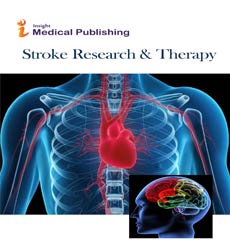Abstract
Ethical Issues in the Treatment of Patients with Acute Stroke
The treatment of patients with stroke raises several ethical issues. The impact of a stroke on a patient's cognition, communication and understanding can hinder their ability to make decisions about their treatment. Often, strokes occur suddenly and unexpectedly, leaving both the patient and their family unprepared for decision-making. Key concepts such as decision-making capacity, identification of a healthcare proxy and informed consent are critical during the acute phase of stroke treatment and throughout shortand medium-term care. Treatment decisions encompass various options, ranging from initial therapies like thrombolysis or thrombectomy to invasive procedures, resuscitation, palliative care and others. Prognosis inevitably plays a role in decision-making and although various tools aid in this process, some reservations remain. The recommended approach involves integrating information provided by clinicians, considering the patient's preferences and considering the input of family members or the designated healthcare proxy. Effective, straightforward and objective communication with the patient and their family is essential to prevent and resolve conflicts. Familiarity with these ethical concepts is crucial for all physicians and healthcare professionals involved in caring for stroke patients.
Author(s): Tiago Esteves Freitas and Ana Isabel Costa
Abstract | Full-Text | PDF
Share this

Google scholar citation report
Citations : 63
Stroke Research & Therapy received 63 citations as per google scholar report
Abstracted/Indexed in
- Google Scholar
- Secret Search Engine Labs
Open Access Journals
- Aquaculture & Veterinary Science
- Chemistry & Chemical Sciences
- Clinical Sciences
- Engineering
- General Science
- Genetics & Molecular Biology
- Health Care & Nursing
- Immunology & Microbiology
- Materials Science
- Mathematics & Physics
- Medical Sciences
- Neurology & Psychiatry
- Oncology & Cancer Science
- Pharmaceutical Sciences

